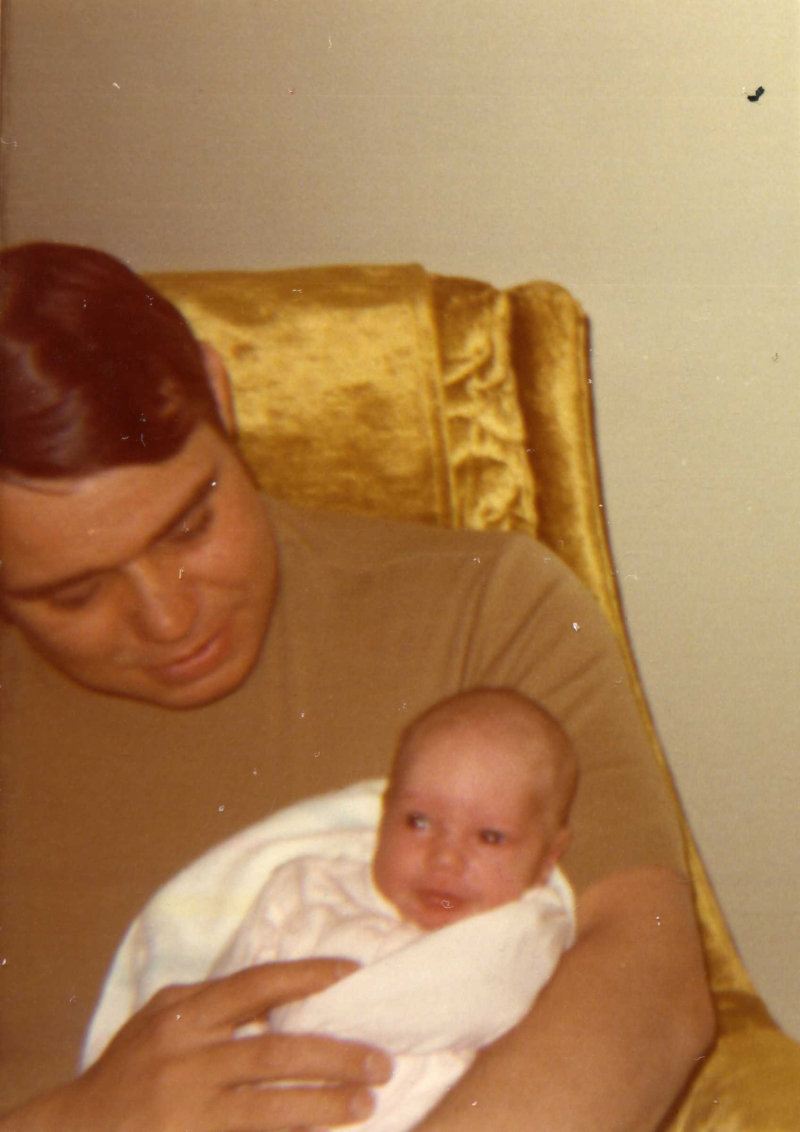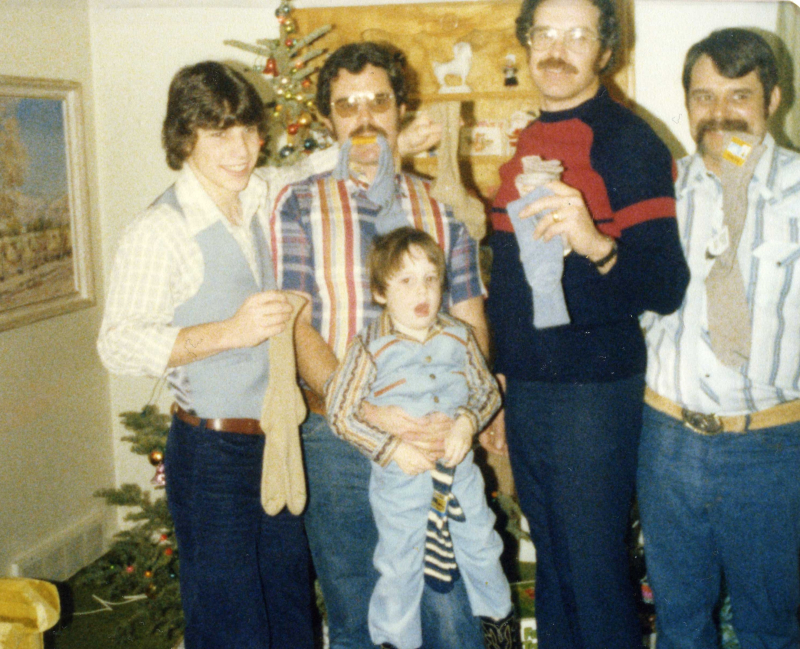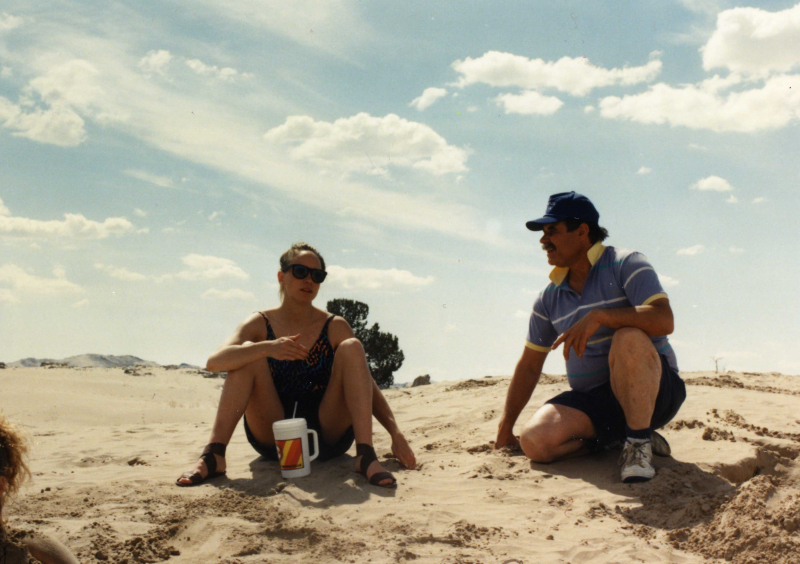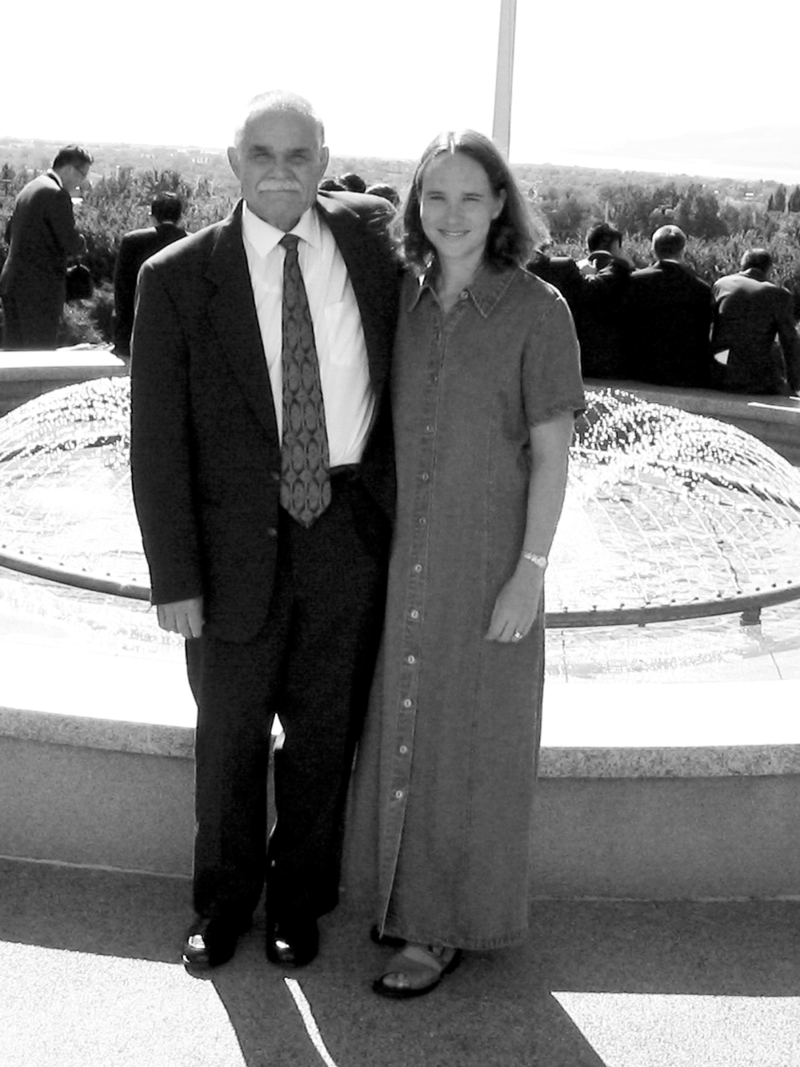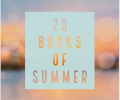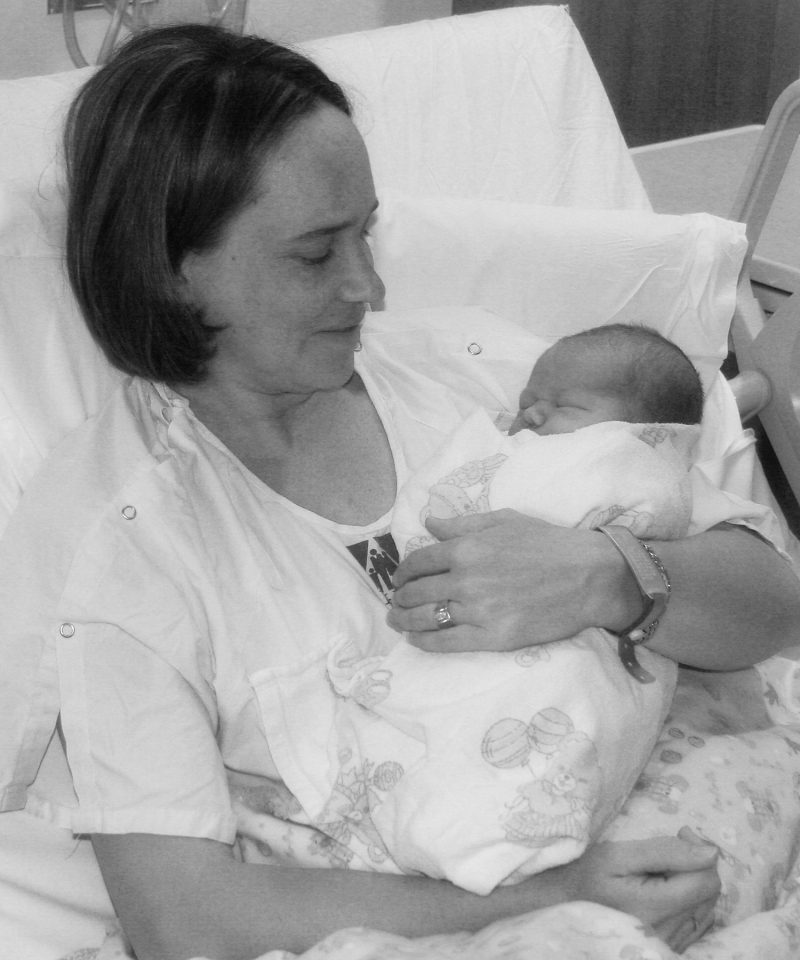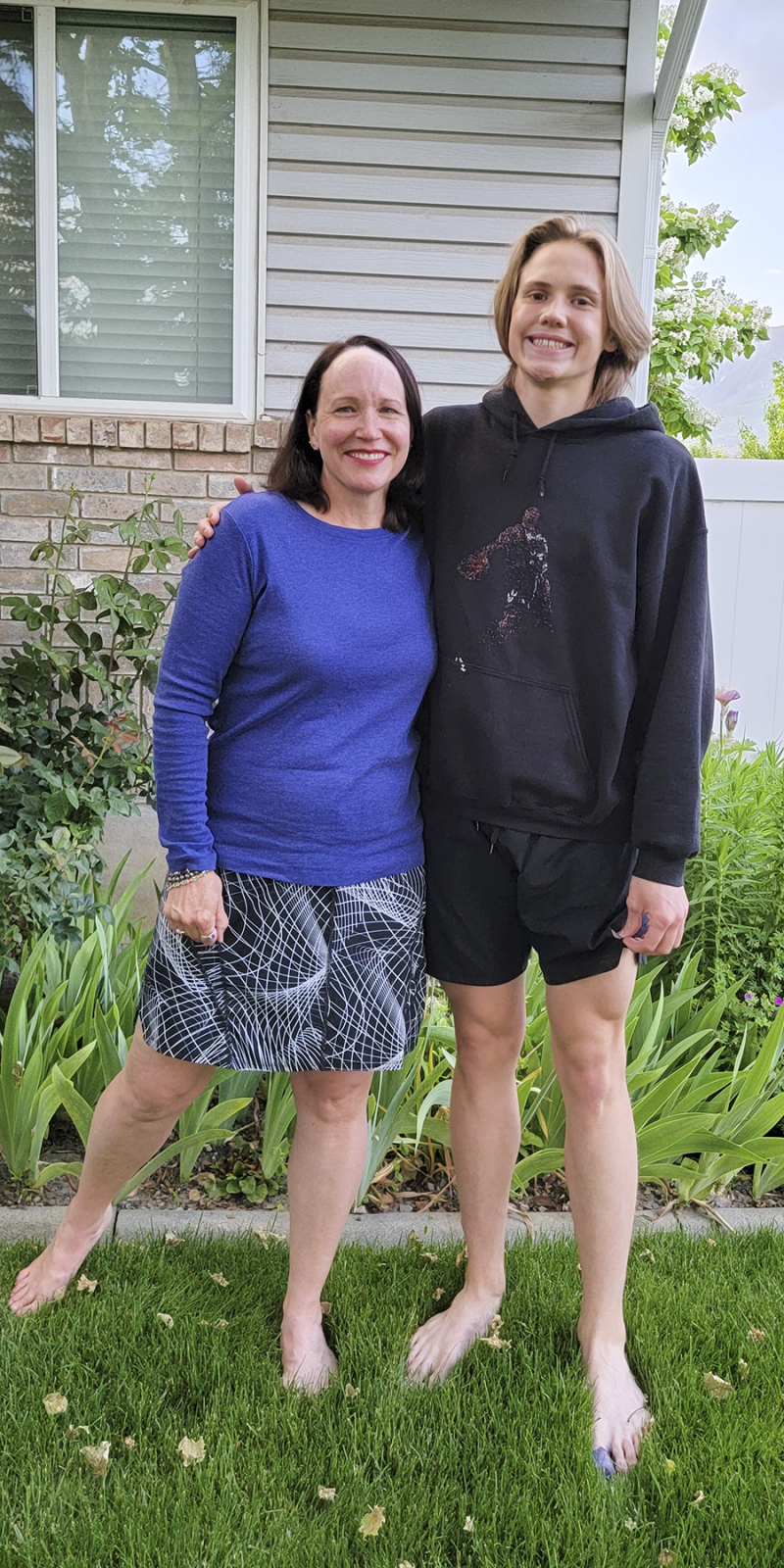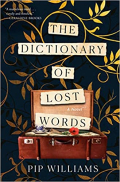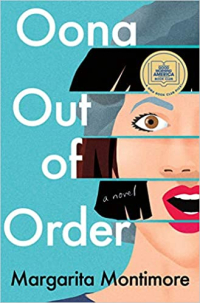Three Pieces: If you never pick up the weight do you understand that you’re not carrying it?
Thursday, June 24, 2021
Since I wrote THIS blog post, I have been paying attention to other pieces of experience that fit together in my life. I have always done this, I think, but I am doing it with more purpose lately. I think that truth is scattered and we have to watch for the pieces in order to make sense of our truths. Here are three pieces I am pondering recently.
“One of those ‘woke’ people who don’t understand what is happening.”
A person who is kind-of a friend, more of an acquaintance who I know through a Facebook group which she manages and I am a member of, wrote a post this week decrying “wokeness” and “cancel culture.” She also shared an article written by a business professor who felt that he had been “cancelled” but who, in my opinion, completely misunderstands both the current social movements and his own impact in the “cancelling” that happened to him.
I responded to the friend that I disagreed with the writer of the article, pointing out that we do need things like critical race theory because America is absolutely built on racism and bigotry (not to mention sexism) and that Dr. Seuss was not, in any way, cancelled. I was very polite and non-confrontational.
Then, in the way of Facebook, one of her friends, a person I don’t know and who definitely doesn’t know me, responded to my comment. She used five or six eye-roll emojis, wrote some scathing things about my assessment, and then finished with this sentence: “You are obviously one of those ‘woke’ people who don’t understand what is happening.”
I tried to just let this go, but it ate at me. I mean, first off, it’s a bit ironic that she equates “wokeness” with people who don’t understand anything. To me, being “woke” is a process of trying to understand your place within the larger structure of society, both your privileges and the way you contribute, knowingly or not, to how society works against the Other. It requires you to look at yourself in uncomfortable ways and to know that your way of being within the world is far from the only way, and not even the “normal” way, but just one.
I think to people like her, “woke” means swallowing the liberal agenda without stopping to think about it. It means jumping on bandwagons because it’s the cool thing to do. It means grandstanding ridiculous ideas that might threaten the norms we all know and love. It reinforces the MAGA ideals, even with the dufus out of power.
I finally wrote a response to her comment. I wanted to stay calm and not be antagonistic, but I think the last sentence might be a little barb:
I AM woke. I read and study a lot of different issues from different perspectives. "Woke" doesn't mean illiterate. It means I try to understand my relationship to other people and understand other people's perspective.
I think those who don't strive to do that clearly don't understand what is going on.
As I thought more about it, though, I think that I didn’t word it correctly. I wrote that wrong and didn’t express what I mean. I’m not going to change it because I think the distinction would be lost on this friend-of-an-acquaintance: I’m not woke. I am trying to be woke. I am working on being woke. It isn’t a status you achieve, like being able to do a pull up. It is a process, a way of thinking about the world, and a willingness to be open to understanding how my previous thinking, actions, or words might’ve been racist or insensitive, even though I didn’t intend them to be.
Understanding how I can make the world better is not a one-and-done deal. It is something I must continue to work on. It’s a process. But it isn’t about ignorance. It isn’t about just accepting the “liberal agenda,” whatever that means. It takes work. It requires reading, studying, and listening. It is the opposite of “not understanding.” Instead, it is about knowing I don’t understand fully, but am willing to work towards a better understanding.
We don’t need feminism anymore.
A few years ago, I became casual friends with a woman who I had purchased a service from. (Being vague on purpose because some of my closer friends would know who this is and I don’t want to be gossipy.) We saw each other accidentally, on walks around the neighborhood or at the grocery store or at a restaurant, and sometimes we talked through social media and at church. As I got to know her more, I started realizing that while we shared a connection through our creative endeavors, our thoughts about society and politics were very, very different. I tried to gently share my opinions with her, but it just didn’t work very well. So I kept our friendship at that accidental, let’s-talk-about-art connection because that is lovely, too.
Just before the pandemic got rolling, she wrote a post on FB about how we don’t need feminism anymore. Especially as members of the church, she emphasized. We don’t need feminism. I read the responses and so many were in agreement and I just…I had to pull back. There is disagreeing on politics but then there is an essentially different perspective about life and society in its totality and I can’t bridge that. There are so many ways we still need feminism. So, again…I did share my opinion on her post. I was gentle and non-confrontational but also firm in asserting that feminism IS necessary. The reaction from her friends was swift and bitter.
So I just left the friendship alone and then the shutdowns started happening and I didn’t see anyone, let alone a person who had been on the fringes of my life.
But I saw her again last week. Saw her with her cute daughters, and all sorts of emotions started eating at me. I of course was friendly, and likely my emotional response was not apparent to her. But I couldn’t help thinking about the tools she is not giving her daughters. And I almost felt…envious? Yes, that is the right word. Envious, just a little, that there are people in the world who are so unable to look at reality that they don’t see reality. I don’t want to live like that. But I also have this small part of me that thinks what does any of this accomplish? I can’t fix the world by myself. I can witness, I can watch, I can read and explore and try to be—ah, here it is, a connection— “woke,” but if I am honest it is painful. It hurts to see the ways that women are complicit in their own undoings, the way that they don’t see the power imbalances and how they are impacted by them. (Let alone all of the political insanity she also doesn’t pay attention to.) What might it be like to not feel any of that? If you never pick up the weight do you understand that you’re not carrying it?
(I am not going to go into all the reasons we do still need feminism in this post, because it is already growing too long, but let me assure you: we still need feminism. We will always need feminism.)
I chatted with her for a bit and then I found myself thinking: maybe I should put it down. Maybe my efforts to know, to understand, and to be a person who is less hurtful to others are pointless. Maybe I’m just up here on my high horse thinking my efforts might make a difference while really I am just being ridiculous.
“That doesn’t make me a communist.”
Last night when I got home from work Kendell said “I just watched something on the news that I think you will appreciate.” He showed me the introduction, with Matt Gaetz (I never can decide, is he Beavis? Or Butthead?) questioning Congress about how the military’s study of critical race theory is impacting the soldiers. This is not the first time Gaetz has spread the propaganda that we are being threatened by wokeness, that elementary-aged children are learning critical race theory (they aren’t; it is taught in universities but honestly I think it should be part of high school curriculums), and that the military is soft because of these things.
Gen. Mark Milley, Chairman of the Joint Chiefs of Staff, answered him.
(Listen all the way through because Brian Williams gets in an awesome dig at the end.) “I do think it is important for those of us in uniform to be open minded and to be widely read. . . I’ve read Mao Zedong, I’ve read Karl Marx, I’ve read Lenin, that doesn’t make me a communist. So what is wrong with understanding. I personally find it offensive that we are accusing our [military leaders] of being “woke” or something else because we’re studying some theories that are out there.” He goes on to explain what the basis of critical race theory is based on, which is the historical fact that America is based on racism, slavery, and bigotry, from the very beginning. (Slaves arrived in what would become the United States before the Pilgrims even, for example.)
My thoughts about my little personal struggle to continue to try to learn, change, and grow suddenly grew clear. I actually felt—dare I say it—a little bright spark of hope. Milley’s response made me remember that while it often seems we are living in a country ruled by people who refuse to look at reality with an objective lens, who have never read a book in their life, who refuse to look outside of their own comfort zones, there still are the other type. Call them woke, call them educated, call them socially aware, call them freaking English majors for all I care. Just that they exist and are trying to change the route our country is taking: that gives me courage.
Being woke is not a negative thing. And these three puzzle pieces have fit together into a larger understanding for me:
I don’t care if someone tries to insult me by calling me “woke.” I don’t care that my efforts might be ridiculously small and ultimately generate no larger change within society.
I am going to continue trying. I am going to push forward using an open mind and, yes: making my decisions based on what I learn from reading widely.
The critics of the concepts behind being woke, critical race theory, Black Lives Matter, #MeToo, and all the other social movements working in America today are narrow-minded. They are frightened of how their positions of power might be lessened if society changed, and they are not going to stop their assault on democracy. So I will work just as hard to hold it up.
